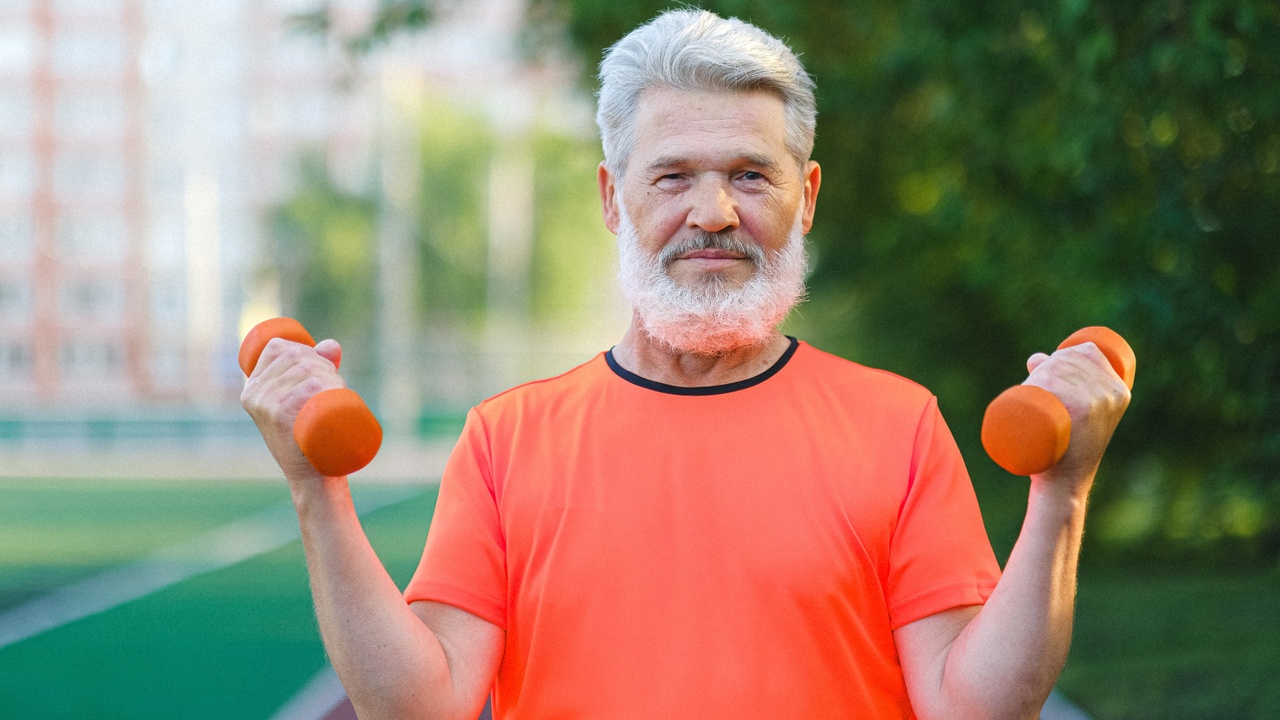Top 3 Diets to Reduce Processed Foods In Patients' Diets

Top 3 Diets to Reduce Processed Foods In Patients' Diets
By Dr. Sean M. Wells, DPT, PT, OCS, CNPT, ATC/L, CSCS, NSCA-CPT, Cert-DN
Recently there has been a lot of press regarding the negative effects of processed foods. From early cognitive decline to the chances of catching COVID-19 more easily, ultra-processed foods definitely have a negative impact on our health: both in the medium and long-term. Despite knowing this, how do we as physical therapists educate our patients on eliminating processed foods?
One of the best ways of doing this is to recommend a specific dietary pattern. A dietary pattern is a way for patients to follow a set of guidelines on what and how much to eat, as well as how to prepare their food. Dietary patterns that promote the least amount of processed foods include:
- Whole food plant-based diet. This dietary pattern is rich in whole foods, like fresh vegetables, fresh fruits, whole grains, and limited meat consumption. The diet is rich in oxidants and po...
Geriatric PTs: Prevent Frailty with Diet

Geriatric PTs: Prevent Frailty with Diet
By Dr. Sean M. Wells, DPT, PT, OCS, CNPT, ATC/L, CSCS, NSCA-CPT, Cert-DN
Most physical therapists (PTs) that work with older adults know the importance of preventing their clients from reaching frailty. From falls, femur fractures, to loss of function, frailty can mean a significant change in the quality of life but also potentially earlier death. Doctors of Physical Therapy (DPT) offer older clients an array of treatments from strength exercises, therapeutic activities, balance programs, and functional exercise to mitigate the effects of frailty. But what if we could do more to help our older patients?
New research out of Harvard, and published in the Journal of Gerontology, demonstrates that diet plays a key role in the development of not only frailty but also depression in older adults. The Framingham Heart Study Offspring cohort provided the data used in the study, which include 1,701 non-frail individuals who provided information on the...


